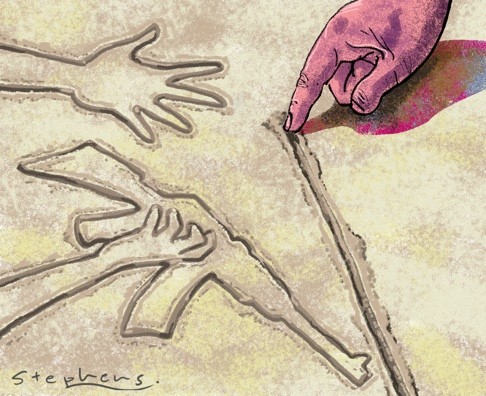
After the outpourings of grief for Paris terror victims, will the longer-term response only create more misery and death?
Kevin Rafferty says the West had better brace for tougher security measures and more atrocities, given the danger now of a backlash against Muslims in general and refugees from the Middle East amid growing nationalism
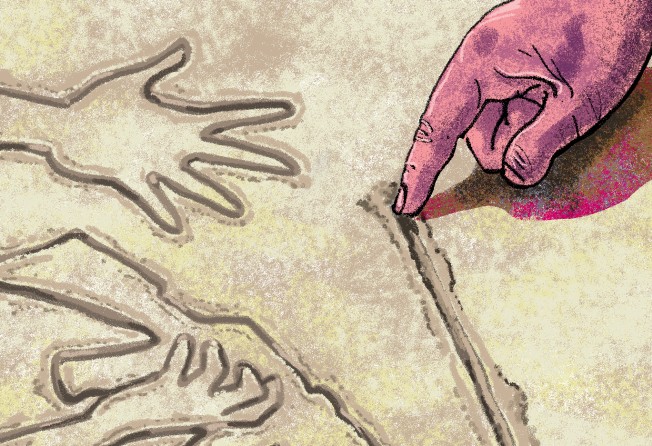

The danger is that the second reactions may be counterproductive. Potential disasters include a backlash against Muslims in Europe, slamming the doors against refugees from the turmoil in the Middle East and, worst, narrow nationalism and thoughtless indifference to the entrenched problems of a troubled world.
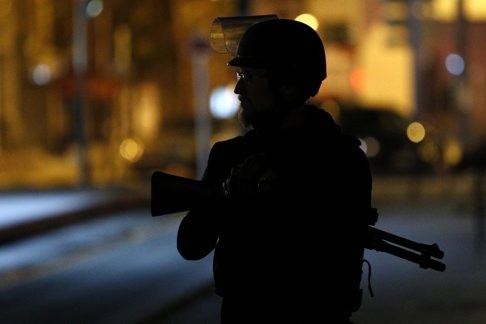
But warnings in Moscow are a long way from real horrors in Paris. Even leaving aside the failure of intelligence to recognise them, how did terrorists get Kalashnikovs into the heart of the French capital?
The real terrorist risks from refugees will come from the second and third generations resenting life as an underclass
These Paris atrocities were not like that on Charlie Hebdo, which poked fun at Islam. They were attacks on ordinary Parisians enjoying their normal Friday lives: having a drink, going to a concert or a football match can get you killed under the Islamic State’s campaign, supposedly blessed by Allah.
French President Francois Hollande called the terror attacks “a declaration of war”. Other commentators said it showed the capacity of Islamist terrorists to operate freely in a professional, well-organised manner outside the Middle East.
As to professional terror, if you want to cause mayhem at a football match, you explode your bomb among the crowds milling into the match, force your way into the stadium or catch the fans leaving the game. You don’t, as in this case, blow yourself up having failed to get in. The match was not interrupted, with the fans aware only of what they thought were firecrackers.
Leaving the football aside, less than 0.02 per cent of the 12 million or so people in the Paris conurbation were trapped by the terror. (More people were killed in the downing of the Russian Metrojet airliner that had taken off from Sharm el-Sheikh.) What, in part, was terrible about Paris was the randomness. Once inside Paris, the terrorists could have picked off people anywhere.
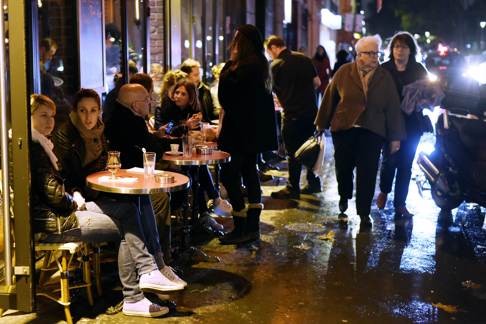
The Paris attacks have surely destroyed the era of a single visa allowing entry to all the Schengen countries (most of continental Europe but not the UK). French claims that the gang originated in Belgium, with help from France and Germany, make that inevitable.
Long-time Paris resident Simon Kuper says this is not a war of civilisations but a bunch of jihadis against a world city. But this city is soon due to host crucial climate conference talks and, next year, will be the city of the European soccer cup. A small bunch of men with guns can wreak havoc, and the jihadis have gone global.
Marine Le Pen and ultranationalist parties across Europe are sharpening their attacks against immigrants. This risks driving the largely Muslim underclass of the banlieues into the arms of the jihadis. Already 1,200 French citizens have joined Islamic State, more than twice those from Germany or the UK.
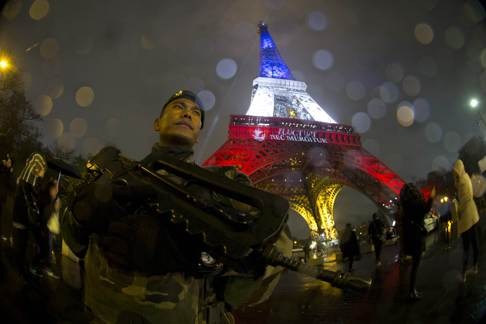
But fundamentalists will be busy in refugee camps trying to whip up discontent, and ambitious European politicians risk assisting them. Wolfgang Schaeuble, Germany’s finance minister, has already warned of the danger of “an avalanche” of refugees, and other German politicians are chipping in, clearly trying to undermine Chancellor Angela Merkel and her generosity.
Beijing clearly prefers to sit and watch and pick up the spoils as the US, Russia and Europe tear each other apart
The refugees have already landed in Europe and can hardly be driven back to the deadly risks of their war-torn homelands. The obvious twin-track attack is to provide settlement for the refugees while working together to make the Middle East more hospitable for human beings. The real terrorist risks from refugees will come from the second and third generations resenting life as an underclass.
It’s easier to write a prescription than to achieve results. Politicians think short term whereas intractable problems grow with generations. As one example, was the mess in Iraq started when US president Ronald Reagan propped up Saddam Hussein with weapons, or only when George W. Bush overthrew him, or when Barack Obama pulled out American forces, leaving a state too fragile to cope with the fissiparous pressures and Saudi- and Iranian-funded terrorism?
There are too many powerful players meddling against each other and against any prospects of peace. Washington, shamefully, refuses to name or shame Saudi Arabia, whose Wahhabi philosophy and funds have inspired Islamist terrorism. Russian President Vladimir Putin entered the game in support of Syrian tyrant Bashar al-Assad in the hope that Moscow will get a share of the spoils. The European ideal is failing on the altar of short-term nationalism.
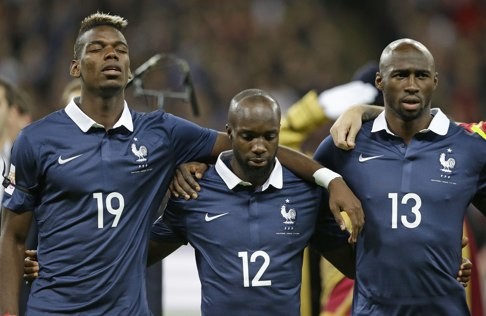
China is the interesting player that could try to make a difference, even with the mutual hostility towards its own troublesome Muslim minority. But Beijing clearly prefers to sit and watch and pick up the spoils as the US, Russia and Europe tear each other apart.
So in the absence of a statesman emerging to refine and expand Merkel’s ideas, Europe and the West had better brace for tougher security measures and more atrocities.
“We are all humans,” declared the banners on the streets, as BBC World News and other media had wall-to-wall coverage of the terrible details of how the 129 died.
Sadly, the slogan is a mockery. Every day, more than 21,000 people die of malnutrition, according to the UN. That is one person every four seconds, dying, unmourned by the BBC, the people of France or anyone in high office. To remember George Orwell, some humans are more human than others.
But they are all dead. If you think further, what kind of twisted civilisation proclaims a common humanity only after people are massacred?
Kevin Rafferty is a political commentator